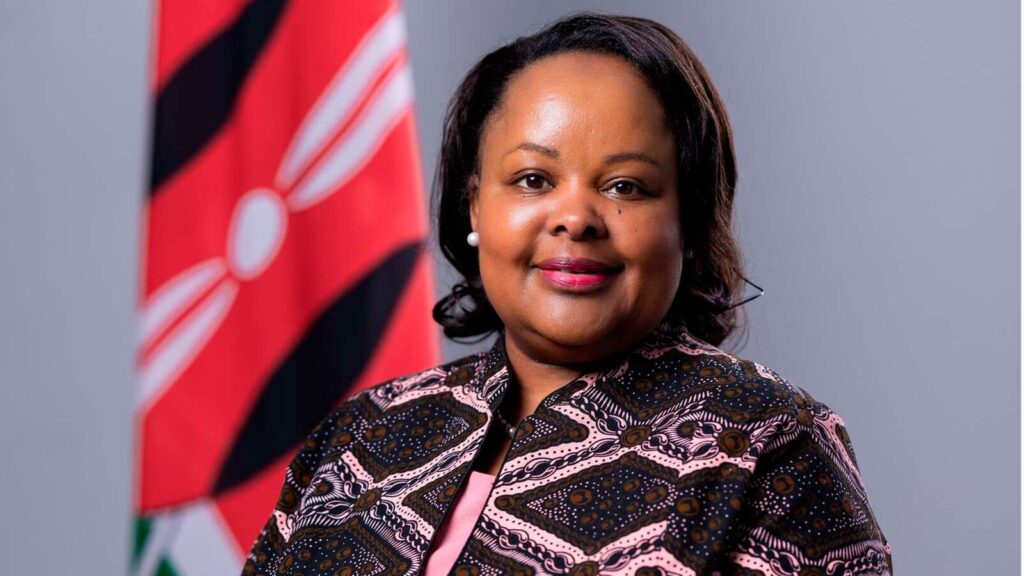Nairobi, Kenya – Secretary to the Cabinet, Mercy Wanjau, officially launched the Re-Imagine Education 2025 initiative at the African Leadership University (ALU) conference, where education leaders, policymakers, and stakeholders convened to explore strategies for transforming education systems in response to evolving workforce demands.

In her remarks, Mercy Wanjau emphasized the urgent need to rethink Kenya’s education framework to meet the demands of the 21st-century economy.
Despite holding the necessary academic qualifications, she highlighted that many African youths are often forced into entrepreneurship or informal employment due to limited job opportunities.
“Ancient Rome trained its youth to fit the purpose of the community. Similarly, we must redesign our education system to ensure our young people are well-prepared for modern challenges,” said Ms. Wanjau.
She pointed out that the Government’s Open University initiative is one of the transformative reforms to enhance access to education and empower Kenyan youth.
However, she stressed the need to address gaps in technology access to ensure young people thrive in a rapidly changing business landscape.
African Leadership University (ALU) – A Model for the Future
Veda Sunasee from the African Leadership University shared a brief history of the institution, focusing on its commitment to aligning education with career aspirations and employer needs.
ALU’s approach integrates work-based learning opportunities and fosters public-private collaborations to equip graduates with relevant skills for the job market.
Transforming Higher Education
Dr. Milton Njuki, Deputy Director at the Ministry of Education’s State Department for Higher Education, reiterated the importance of strategic human capital development as outlined in the 2020 Declaration on Higher Education.
He emphasized that universities are increasingly evolving into research hubs and called for prolonged internship programs to enhance undergraduate skills and improve retention in the workplace.
“The future of education lies in practical learning. Universities must focus on equipping students with hands-on experience through internship programs and partnerships with the private sector,” said Dr. Njuki.
Re-Imagine Education 2025 addresses critical issues such as aligning curriculum with career aspirations, responding to employer needs, and fostering collaboration between public and private sectors to create a future-ready workforce.
The event concluded with a call to assess the progress of ongoing education reforms and ensure they meet the needs of the youth and society at large.



















